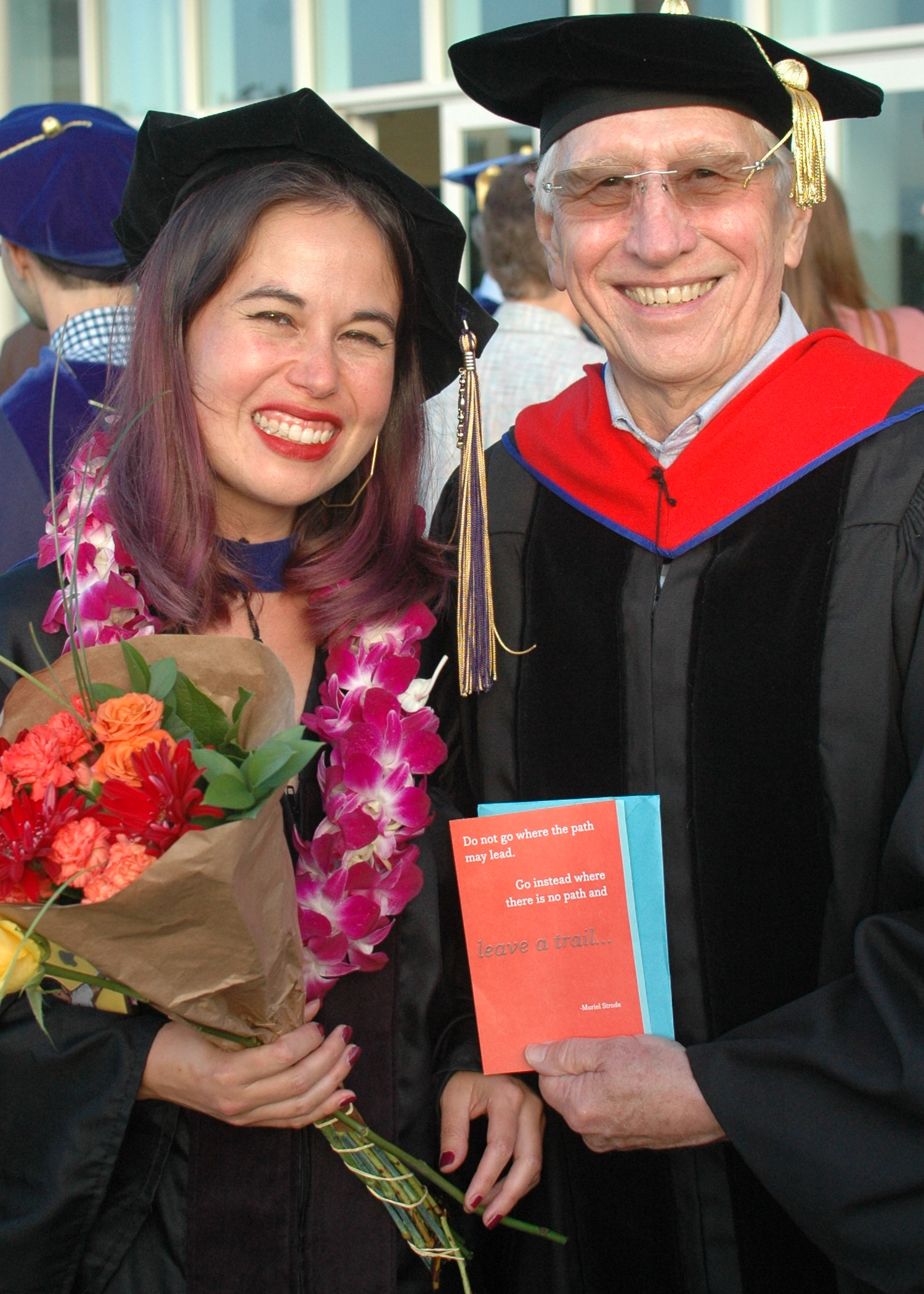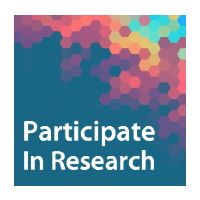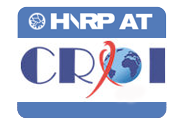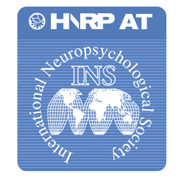2021-2022 JDP Award Winners Vanessa Serrano and Maulika Kohli

Congratulations to Vanessa Serrano for receiving the Gerald Rosenbaum Neuropsychology Dissertation Research Award - For your outstanding research in the field of Neuropsychology! and

Congratulations to Maulika Kohli for receiving the Litrownik Distinguished Alumni Scholar Award - In recognition of your leadership and contribution in the field of Clinical Psychology!
HNRP investigators and trainees presented at the 2022 INS
The meeting focused on future directions in technology, open science, machine learning, and test and normative data development for the tech era.
Campbell LM, Fennema-Notestine C, Barrett A, Sundermann E, Bondi MW, Saloner R, Clifford D, Ellis RJ, Franklin D, Gelman B, Grant I, Heaton RK, Marra C, Moore DJ, Morgello S, Letendre S, Moore RC. Prefrontal cortex, not medial temporal lobe, is associated with memory in middle-aged persons with HIV. International Neuropsychological Society annual meeting, 02-02-2022.
Ham L, Lobo, JD, Bharti A, Gouaux B, Marcotte T, Grant I, Moore DJ & the HNRC Group. The Impact of COVID-19 and Depressive Symptoms on Subjective Cognition. Among COVID-19+ Participants with Neurological Symptoms. International Neuropsychological Society annual meeting, 02-02-2022.
Saloner R, Sun-Suslow N, Morgan EE, Lobo JD, Cherner M, Ellis RJ, Heaton RK, Grant I, Letendre SL, Iudicello JE. Plasma biomarkers of vascular injury uniquely relate to a classic ‘vascular' profile of neurocognitive deficits in virally suppressed adults with HIV. International Neuropsychological Society annual meeting, 02-04-2022.
Sundermann E, Dastghey R, Moore DJ , Buchholz A, Bondi MW, Ellis R, Letendre S, Heaton R, Rubin LH. Importance of Biopsychosocial Factors in Distinguishing Cognitive Profiles Among Virally-Suppressed People with HIV. International Neuropsychological Society annual meeting, 02-02-2022.
Watson W-MC, Morgan EE, Sun-Suslow N, Letendre S, Hussain MA, Heaton RK, Grant I, Iudicello JE. Alexithymia is Associated with Different Patterns of Pro-Inflammatory and Vascular Biomarkers in People with HIV and/or Methamphetamine Dependence. International Neuropsychological Society annual meeting, 02-02-2022.
Investigator Spotlight - Jessica Montoya, PhD

Congratulations to Jessica Montoya, PhD, who was featured in the Spring 2022 Newsletter of The HIV Institute at the University of California, San Diego.
The HIV Institute appreciates UC San Diego's hardworking, dedicated research scientists accelerating the field. The Investigator Spotlight gives us an opportunity to acknowledge our leading investigators and share with the community how they are pursuing life changing discoveries. Read more about Dr Montoya here.
Dr. Grant celebrates Wei-Ming Watson’s receiving her Ph.D. in Clinical Psychology at UC San Diego’s commencement on 6/11/22

With co-mentorship provided by Dr. Grant and his colleague Dr. Erin Morgan, Wei-Ming Watson built an impressive record of research at the HNRP and CMCR examining the role of trauma/stress on cognition, mechanisms of ethnic/racial cognitive disparities, and the complex influence of cannabis/cannabinoid exposure on cognitive health.
CMCR and HNRP Investigators published a manuscript in JAMA Psychiatry on Driving Performance and Cannabis

In the largest study of its kind - 191 regular cannabis users who smoked as they “would at home to get high” - published in JAMA Psychiatry, this CMCR randomized trial examined the magnitude and time course of driving impairments due to acute cannabis use, and whether different THC content levels in cigarettes affect driving performance. The authors also report on whether a person’s use history and the development of behavioral tolerance results in less of a driving decrement, as well as whether users are accurate in self-evaluating whether they are safe to drive.
Link to the publication in JAMA Psychiatry.
Read UC San Diego's News Center press release "Flowered steering: How well do drivers fare after smoking cannabis?" here
Read UC San Diego Guardian's article "UCSD Health studies cannabis consumption on driving ability" here
Read a comment in Psychology Today entitled, "Self-perception doesn't predict readiness to drive after cannabis use" here
Read The New York Times' article "Is driving high as dangerous as driving drunk?" here






